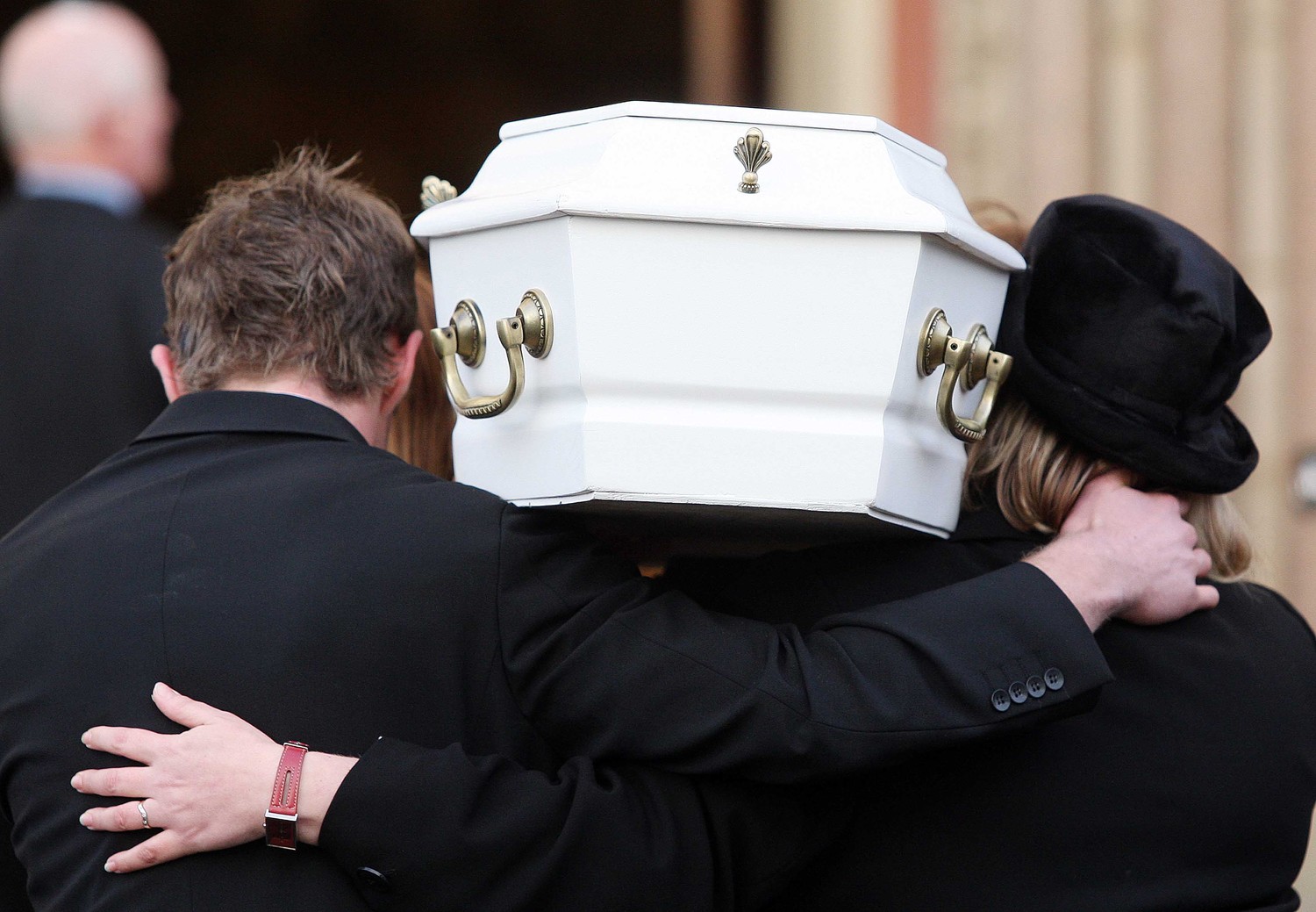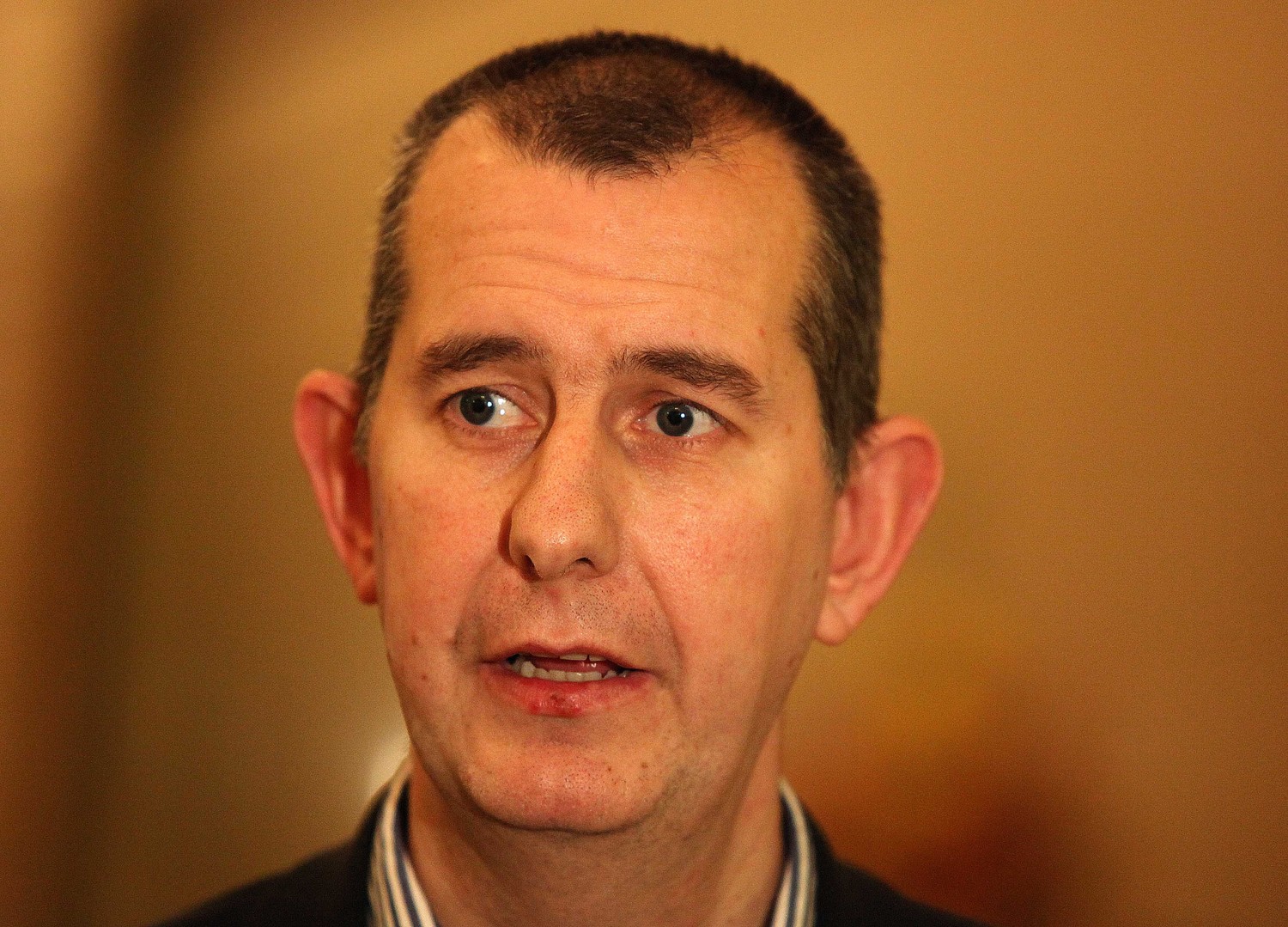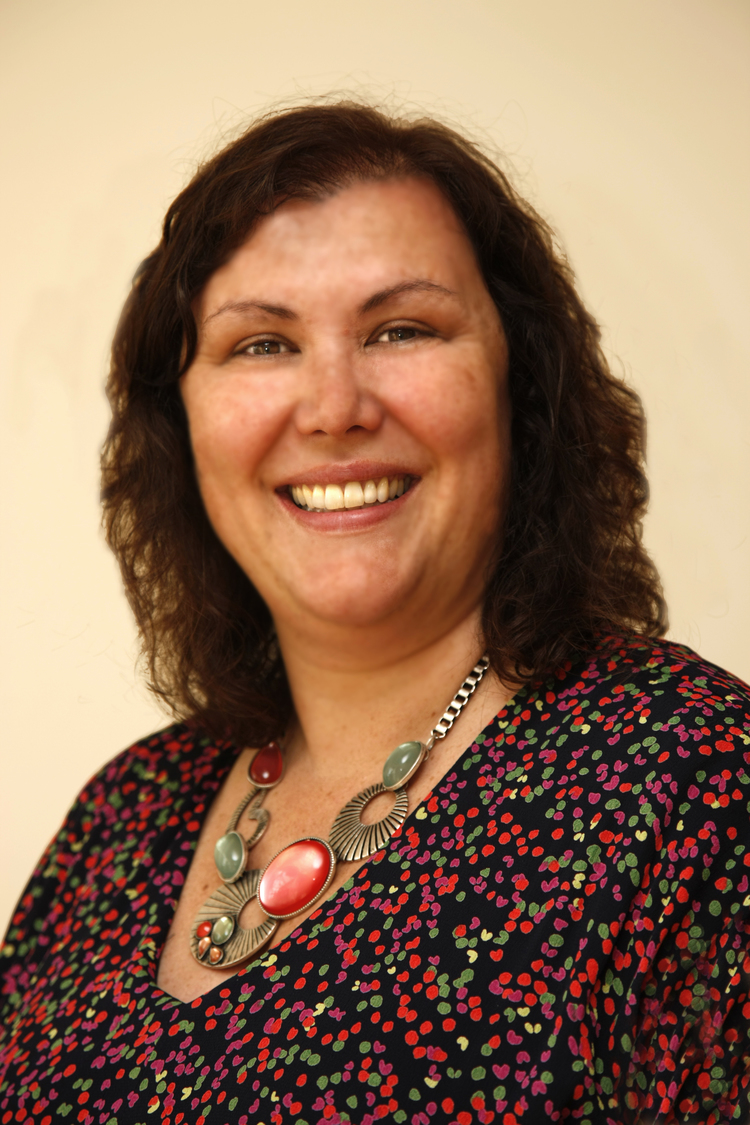GROUNDBREAKING media guidance for reporting on child abuse and neglect in Northern Ireland is being launched in Belfast today.
An eight-page booklet has been produced by a working group representing journalists and child care professionals to help with reporting on cases where children have died or have been harmed as a result of abuse and/or neglect.
The unique initiative within the UK comes at a time of heightened interest in media reporting of child protection nationally and locally.
The media guidance document is due to be launched in The Mac in Belfast this morning (Thursday, November 29th) on the same day the Leveson report into media standards is being published in England.
Today’s launch also coincides with the publication of survey findings by the Northern Ireland Association of Social Workers (NIASW) which highlights how demanding levels of paperwork are preventing social workers from spending as much time as they would like with vulnerable children and families.
And The Detail can also reveal today that staff sickness and holidays resulted in two Northern Ireland health trusts missing important targets relating to child protection case conferences earlier this year.
THE GUIDANCEThe new media guidance has been designed to provide information for journalists about child protection in Northern Ireland and also to support media and child welfare professionals to work together to ensure that this sensitive topic can be reported in ways which will help the public to better understand the issues involved.
The working group members are John Devaney (British Association for the Study and Prevention of Child Abuse and Neglect), Colin Reid (National Society for the Prevention of Cruelty to Children), Kathryn Torney (The Detail), Dot Kirby (National Union of Journalists) and Hilton Dawson (British Association of Social Workers).
As well as background information, guidelines for journalists and case studies, the booklet contains facts and statistics about child abuse in Northern Ireland which could be used within media coverage.
These include:
• Most children who suffer abuse and neglect are harmed by someone known to them and in a trusted position.
• On average 2,400 children are listed on the Child Protection Register at any one time.
• Approximately 40,000 children live with a parent who has a dependence on alcohol or drugs.
• Around 30,000 children live in households where there is domestic violence.
• It is estimated that one in four adults have experienced severe maltreatment in childhood.
Among Northern Ireland’s most disturbing cases, were the deaths of the McElhill family in Omagh in 2007. Convicted sex offender Arthur McElhill killed himself, his partner and five children in a house fire because his partner, Lorraine McGovern, threatened to leave him.
The timely new media guidance has been endorsed by the National Union of Journalists (NUJ) and the Department of Health, Social Services and Public Safety.
The working group members issued the following joint statement to coincide with the launch today:
“It is hoped that these guidelines will become a useful reference point for journalists and public bodies when it comes to reporting on cases of child abuse in Northern Ireland.
“One of the main problems to date on occasions has been a mutual lack of trust between journalists and those working in child protection.
“We genuinely hope that this document is the first step in a process which will improve this relationship and that this will ultimately lead to better co-operation when tragic stories of children being harmed make headline news.
“Journalists play an important role in highlighting issues of concern relating to child protection but this should always be carried out in a sensitive manner with the children involved and their family members in mind.”
Health Minister Edwin Poots was due to officially launch the guidelines this morning.
He said: “This guidance is unique within the UK and was developed with full co-operation between senior journalists and child care professionals.
“This is testament to their willingness to work together to ensure that such a sensitive topic as child abuse and neglect can be reported in ways which will help the public to better understand the issues involved.
“I believe it marks the beginning of a more constructive working relationship between the Health and Social Care Sector and the media to protect and safeguard vulnerable children.”
The Minister continued: “When it comes to child protection, we often rely on courageous journalists to raise awareness or promote understanding of how we can better safeguard children. It is essential that the media holds on tightly to this challenge function.
“However, reporting of child abuse needs to be handled with acute sensitivity. To do otherwise may bring difficult repercussions for the vulnerable and innocent while, at the same time, assisting abusers by inadvertently obstructing apprehension.”
The Children’s Safeguarding Board for Northern Ireland (SBNI), established in September, is a coalition of agencies across the health, social care, education, justice, voluntary and community sectors and its objective is to safeguard and promote the welfare of children. It was formed after a number of high profile inquiries identified system failings.
Mr Poots said: “The SBNI will be tasked with identifying learning through the exercise of its case management review function. I am quite certain that a constructive working relationship between the SBNI and the media will help to promote and disseminate learning – learning from the positive outcomes as well as the negative ones.”
Case management reviews are carried out when a child dies or is seriously injured and abuse or neglect is known or suspected to be a factor. They aim to establish whether there are lessons to be learned about the way in which professionals and statutory or voluntary agencies worked to safeguard children.
Mr Poots confirmed today that Queen’s University and the NSPCC will jointly publish a Case Management Review Overview Report in January, which will draw out key learning themes from the first 24 case management reviews completed in Northern Ireland.
Seamus Dooley, NUJ Irish Secretary, said: “The new media guidelines will serve as a constant reminder of the need for care and sensitivity in covering stories relating to children in general and in particular stories involving abuse or neglect.
“They are being launched at a significant moment in the history of the media. As we await the publication of Lord Leveson’s report many media organisations have warned of intrusions into media freedom, of threats to freedom of expression, of encroachments by government into the work of a free press.
“The greatest threat to the freedom of the press comes not from new models of accountability but from those who have abused that freedom, by criminal activity, by disregard for ethical standards, by abandoning the decent values cherished by the vast majority of working journalists.
“All too often the most appalling intrusions have related to children and their families and in that sense today’s launch has a direct relevance to recent events."
The media guidance is available online here.
DEADLINES MISSEDChild protection referrals relate to cases where there are allegations or suspicions of child abuse.
When a child protection referral is made, discussions will take place within 24 hours involving for example the police, social services and NSPCC, in order to plan the way forward. The first stage of the initial multi-agency assessment must take place within a maximum of seven working days.
Where cases progress to the second stage, a Child Protection Case Conference is convened. Here a decision is made about whether or not to place the child’s name on the Child Protection Register.
The register is a confidential list of the names of all children in the trust area who have been abused, or who are considered to be at risk of abuse, and are currently the subject of a child protection plan.
This case conference should be convened within a maximum of 15 working days of the first initial referral.
The Detail sent a Freedom of Information request to all five health and social care trusts in Northern Ireland asking for a breakdown of the number of child protection case conferences which missed the 15 day deadline between January 2012 and August 2012.
The responses show that the Western and Southern Trusts met their targets. However, in the Northern Trust area, over a quarter (83) of the 318 case conferences fell outside the 15 day deadline.
Five case conference in the Belfast trust were also outside the 15 day target and 11 in the South Eastern Trust area.
In response to a request for a comment from The Detail, the Northern Trust said: “In the period June to August this year we experienced high levels of sickness absence among staff assigned to chair case conferences and this resulted in a higher than usual level of these falling outside the 15 day requirement.
“During September, 73% of case conferences were convened within the target period. This rose to 97% in October and we are confident that we can maintain progress.”
A spokeswoman for the South Eastern Trust said: “The trust had 7% of cases conferences held outside the agreed timescale within the period. More than 50% (6) of these occurred in January 2012.
“One of the main contributory factors was the Christmas holidays when it is difficult to contact staff from the various agencies and families to arrange case conference dates for early January.
“The trust would certainly recognise this as unusual circumstances and the figures confirm this. There were four months when we had no case conferences outside the timescale, two months when we had two outside and one month when we had just one.
“The Regional Child Protection Policy and Procedures also emphasise that case conferences should be quorate in order to be valid, and sometimes there will be a short over-run on the time scale to ensure that the right people are involved in the case conference to make the best decision around safeguarding a child/children.
“In accordance with the policy and procedures, in these small number of cases, an interim plan is put in place to ensure the safety of the child/children concerned.
“The convening of multi-agency case conferences are seen as a priority within the trust and everything possible is done to ensure these take place within the timescales. Where a case conference falls outside the timescale, this does not exceed a few days.”
“SOCIAL WORK, NOT PAPERWORK”A key finding from the Northern Ireland Association of Social Workers (NIASW) study launched today is that childcare social workers in Northern Ireland are spending less than a third of their working week with vulnerable children and families.
The ‘Social Work not Paperwork’ survey also states that the rest of their time is taken up by excessive paperwork and red tape.
NIASW said that the majority of social workers polled want to spend more time with children and families but instead are often left deskbound by the sheer volume of paperwork they have to navigate.
The study, based on 149 responses, details how an increase in demand for services and a reduction in administrative staff has resulted in 76% of highly trained social workers being forced to work, on average, between 20 and 60 extra hours every month.
Commenting on the survey, NIASW manager Carolyn Ewart said: “It is not right that we have social workers, who really do want to help vulnerable people, sitting behind desks inputting data and writing reports rather than spending more time with children in need or at risk.
“It is clear from the findings that to keep children safe social workers are putting in many hours of unpaid overtime. Many are going the extra mile for vulnerable families.
“This survey highlights a profession under extreme pressure which is totally unacceptable. Our social workers want to see children and families more and to offer preventative and therapeutic work rather than spend their time sitting in front of a computer screen.
“With the first ever Social Work Strategy, which highlights bureaucracy as an issue, NIASW wants to work with the government and other agencies to implement the recommendations.
“NIASW are calling for effective measures to be put in place to reduce the level of bureaucracy and free up time to do social work not paperwork”.
NIASW, is part of the British Association of Social Workers (BASW), which is the largest professional association for social workers in the UK. The association has over 14,300 members employed in frontline, management, academic and research positions in all social care settings.


